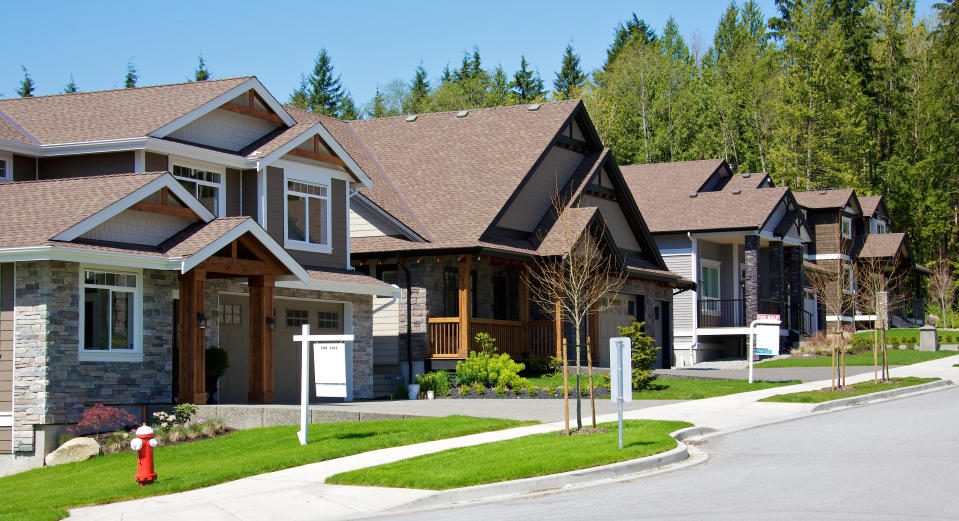Why the coronavirus might not mean big bargains for home buyers

If one of the country’s largest realtors is right, even the coronavirus pandemic won’t be enough of a catalyst for significant price declines for Canada’s real estate markets.
Royal LePage outlines two potential scenarios in a new report. If restrictions are lifted by the second quarter it forecasts a 1.0 per cent year-over-year price increase nationally, to $653,800.
But if lockdowns remain in place through the summer, Royal LePage expects prices to fall by a modest 3.0 per cent ($627,900) year-over-year.
“The impact of COVID-19 on the Canadian economy has been swift and violent, with layoffs driving high levels of unemployment across the country,” said Phil Soper, president and CEO, Royal LePage.
“While it is sad that these cuts skewed strongly to young and to part-time workers, for the housing industry, the impact of these presumably temporary job losses will be limited as these groups are much less likely to buy and sell real estate.”
Soper says price declines come when inventory of homes for sale is high and that isn’t the case right now. He also says we shouldn’t read too much into a few homes selling for less than we would expect.
“It is easy to mistakenly equate a handful of transactions at lower prices to a reset in the value of the nation’s housing stock,” said Soper.
“Distressed sales that occur during an economic crisis are a poor proxy for real estate value.”
A similar story
The forecast is echoed across the country’s biggest markets. If restrictions are lifted by the second quarter, aggregate Greater Toronto home prices are expected to rise 1.5 per cent to $861,100. Otherwise, Royal LePage sees a 0.5 per cent drop to $844,200.
In the best case scenario, Vancouver prices are expected to rise 0.5 per cent to $1,086,800. The flip side is a 2.5 per cent drop to $1,054,400.
Prices would fall in either scenario in Montreal. With a resumption, a 0.5 per cent drop to $434,500 is forecast. If we’re still locked down, prices are expected to fall 3.5 per cent to $421,400.
Though Soper expects an eventual return to normal in Canada, he says sales practices like public spring open houses won’t be coming back any time soon. Instead, realtors will focus on using technology for virtual showings.
Jessy Bains is a senior reporter at Yahoo Finance Canada. Follow him on Twitter @jessysbains.
Download the Yahoo Finance app, available for Apple and Android

 Yahoo Finance
Yahoo Finance 